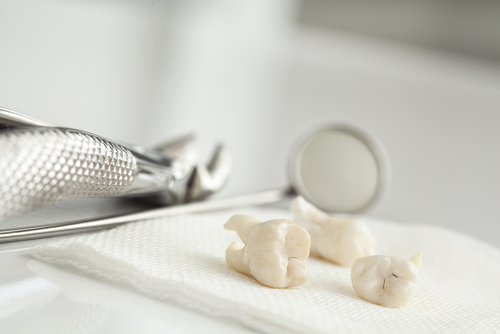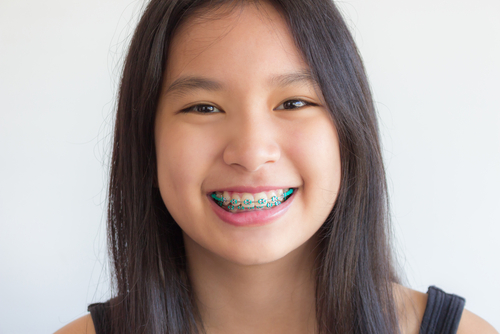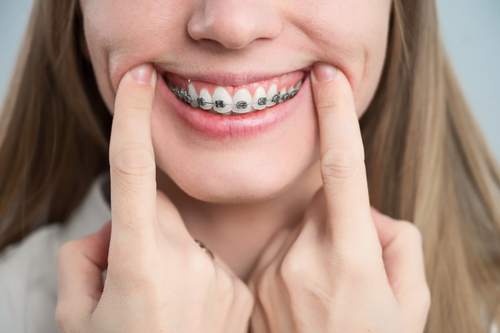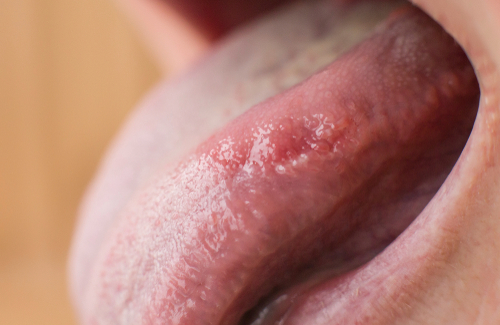
How to Know If a Wisdom Tooth Is Growing?
March 11, 2021
What is the Best Age to Have Teeth Braces?
June 5, 2021How Do I Know If I Need Teeth Braces?

How Do I Know If I Need Teeth Braces? Teeth braces are a pretty inconvenient and time-consuming treatment for crowded teeth. However, most correcting braces are efficient and are worth giving a try. But how to know if you need teeth braces?
Besides visibly crooked teeth, here are other signs that you need this type of treatment.
1. Difficult brushing and flossing
Table of Contents

When the teeth are in perfect alignment, the brush will run across them at ease. Things are starting to change when the teeth’ positioning in relation to each other is far from being perfect.
When a tooth protrudes from its neighbor, you will easily feel it when you run the brush across them. Protruding teeth cause kind of obstacles for the brush, so it will not run so smoothly. Similarly goes with flossing.
If the floss navigates between teeth easily, there is no reason for concern. However, when the floss encounters hardship in moving down to the teeth roots, it should ring alarm bells. If you push the floss by force in-between two teeth, it means that they are stuck to each other.
No distance between teeth is dangerous because they interfere with each other’s growth and activity. When one tooth climbs over another one, it should also be a sign that it’s time to use braces.
2. Biting or cutting tongue

Biting the tongue is an event that occasionally happens to everyone. However, it should be a matter of concern when it happens frequently. A reason for it can be the poor alignment of teeth.
The brain always minds keeping a distance between teeth and tongue when you chew food. However, it’s not so much of a genius to consider the protruded teeth that have moved some millimeters closer to the tongue.
It just thinks that all teeth are perfectly aligned. Hence, the chance of biting or cutting your tongue with crooked teeth is high. So if this phenomenon is commonplace when you eat, it might be good to start thinking about correcting braces.
3. Teeth don’t close over each other

When you close your mouth, the teeth lean over each other creating a seal. In case of poor alignment, the teeth will not close properly. There will be a distance between the upper row and the lower row of teeth.
If you feel that there isn’t that perfect seal between the two rows, you may need a brace treatment. However, it can also have to do with some jaw movement issues. So it’s good to visit a dentist to provide a precise diagnosis.
4. Clicking jaw

Generally, jaw opens and closes without emitting sounds. But, if you start hearing clicks when you chew food, there might be a tooth troublemaker that compromises jaw activity. A chaotic teeth alignment may also cause jaw clicking and popping when you eat or wake up.
5. Fatigued jaw after eating

Jaw hardly ever gets tired. However, crooked and crowded teeth may force it to work harder than it would do with properly aligned teeth. Crooked teeth don’t face directly towards pieces of food. This means that their cutting potential is reduced.
As a result, the jaw will have to put more effort and force to drive teeth into crushing food. That’s really tough, knowing that the jaw does hundreds of chewing movements during a meal. In the end, it gets fatigued and even aches.
So if you feel a sense of fatigue and pain in the jaw, it’s a sign that it is subject to extreme pressure. And crooked teeth may be to blame for it and you may need to use teeth braces. Nonetheless, taking the decision of wearing braces guiding yourself by these signs isn’t right.
You are better off visiting a dentist to investigate your teeth and jaw and come up with a professional conclusion.
How Do I Know If I Need Teeth Braces? – Closing thoughts

Since you can see and feel your teeth, it’s quite easy to understand whether they are in a good condition or not. Difficulty brushing, biting on the tongue, clicking, and fatigued jaw may be all signs that you need to wear teeth braces.
However, besides inspecting your teeth in home conditions, you are good to go to a dentist for an in-detail evaluation. They will go beyond touching and looking, using tools to see the problem in-depth and provide a complex treatment.




